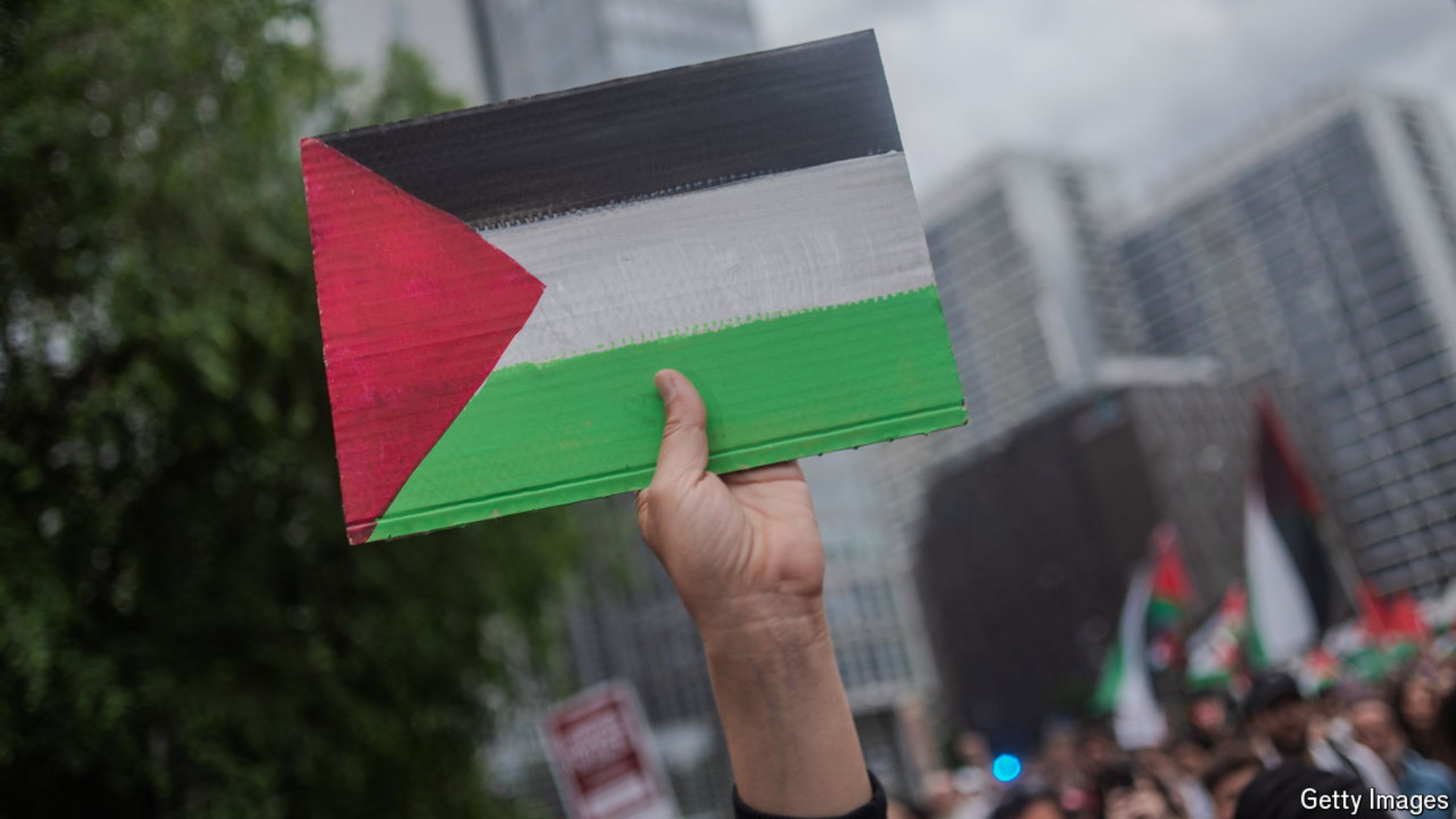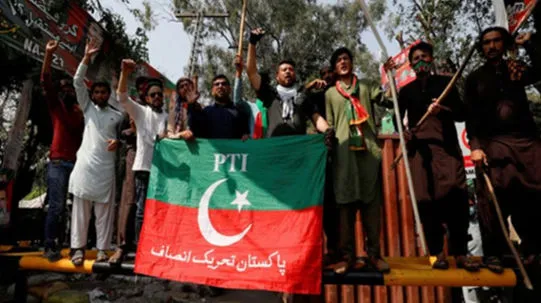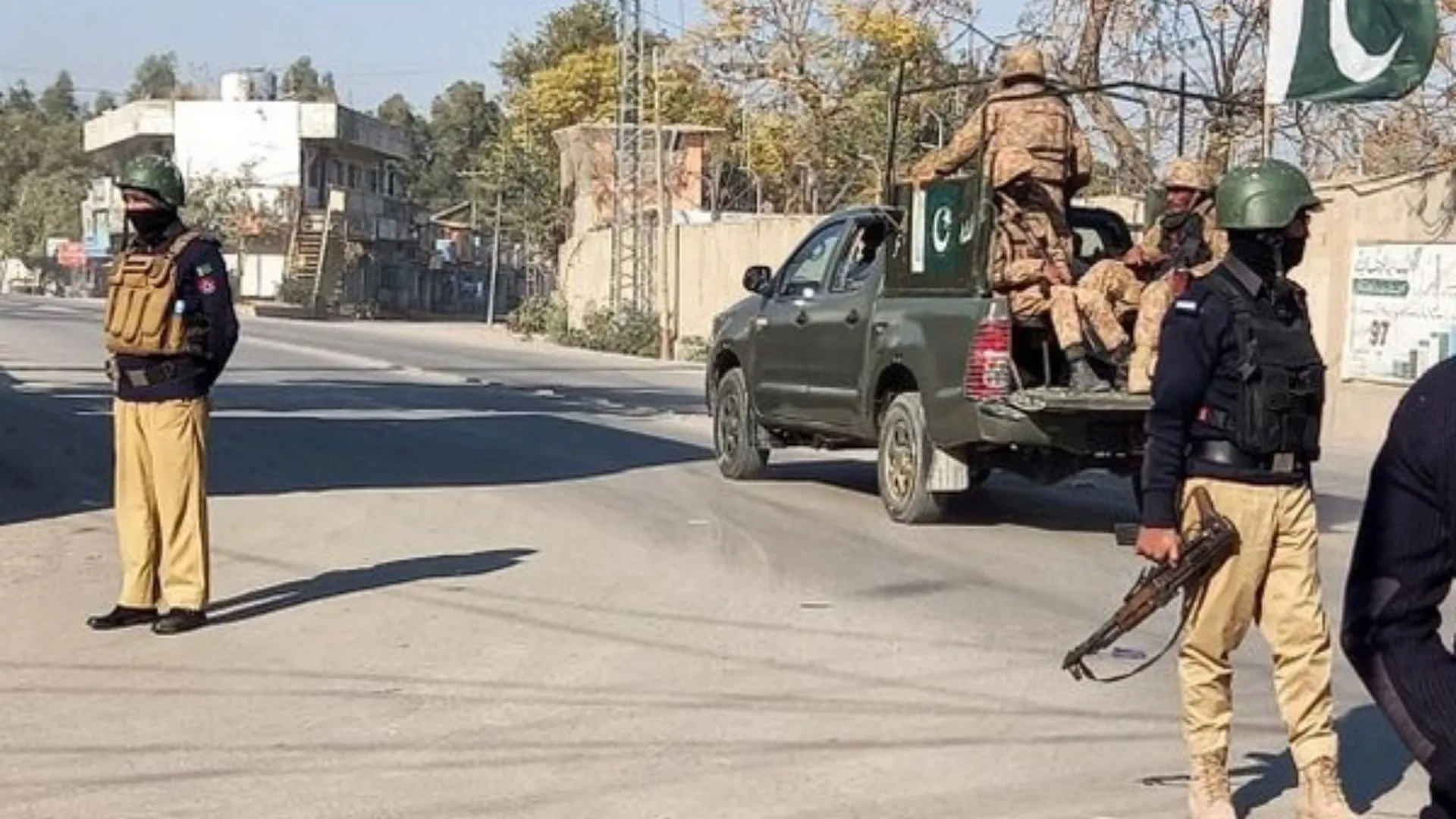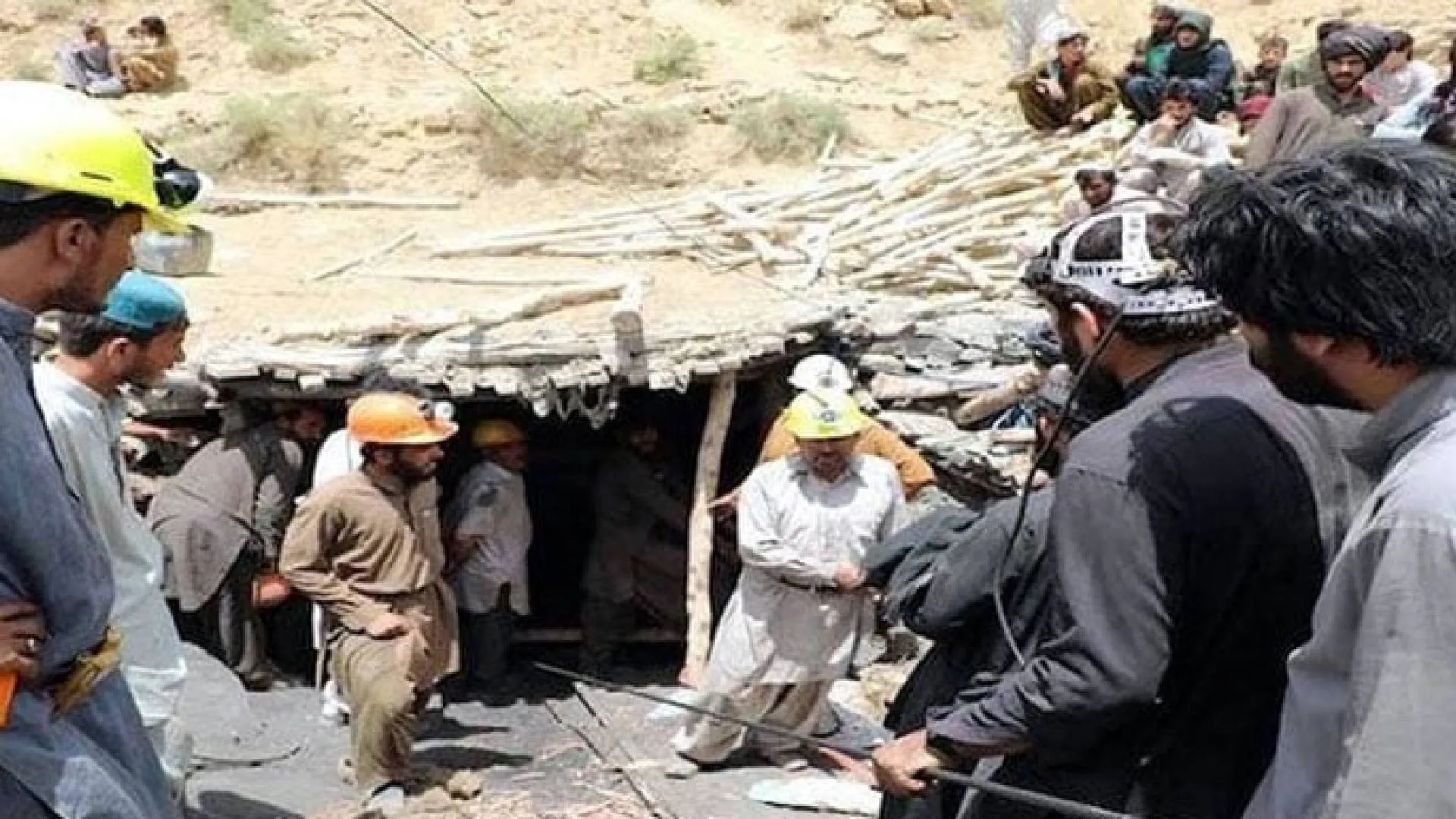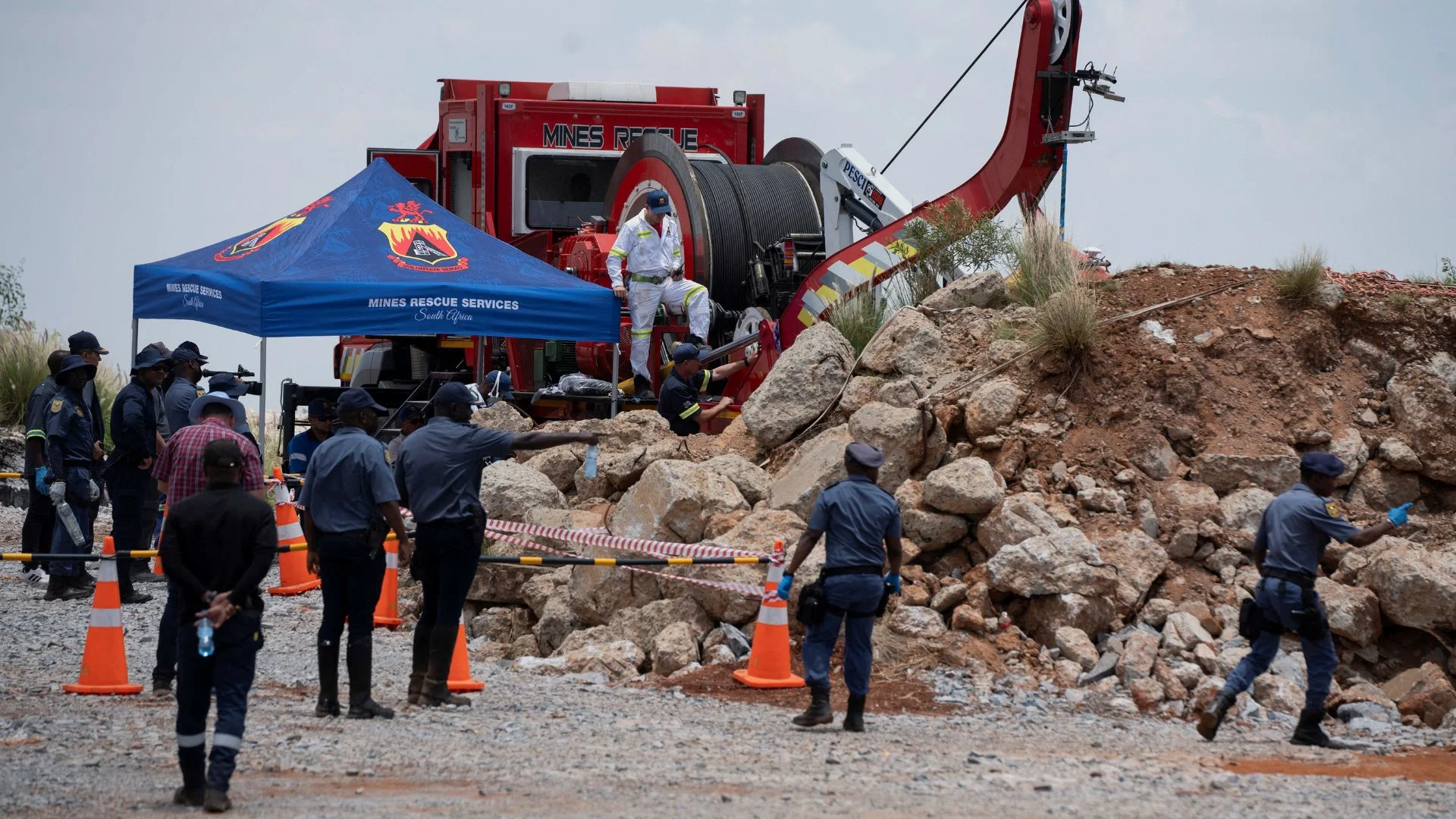On May 22, Ireland, Norway, and Spain took a significant step towards peace by formally recognizing Palestinian statehood. This move, aimed at advancing Middle Eastern peace, triggered a strong reaction from Israel, which recalled its ambassadors from the three countries. Israeli Foreign Minister condemned the decision as a “distorted step” and argued it implies that “terrorism pays,” referencing the recent Hamas attack on Israel on October 7.
The recognition places these countries among the majority, with nearly three-quarters of UN members acknowledging Palestine’s statehood. According to international guidelines, a state should have a permanent population, a government, defined borders, and the capacity to engage with other states. However, many recognized states do not meet all these criteria, such as Libya with its two governments.
Palestine’s bid for recognition began in 1988 when Yasser Arafat declared it a state, with borders based on pre-1967 Six Day War lines. Since then, 140 UN members have recognized Palestine, though the path to full recognition remains complicated.
Western powers, including the U.S., U.K., France, and Germany, support a two-state solution but only recognize a Palestinian state if agreed upon by both parties. Israel opposes unilateral moves, with Prime Minister Binyamin Netanyahu consistently rejecting a two-state solution.
The UN has granted Palestine partial recognition, elevating it to a non-member observer state in 2012. Full membership requires approval from the UN Security Council, where permanent members like the U.S. hold veto power. Recent attempts to advance Palestine’s status were blocked by a U.S. veto despite support from 12 of the 15 Security Council members.
The Palestinian statehood, recognition is largely symbolic but allows for practical measures like opening embassies in recognizing countries. Full statehood benefits and freedoms remain elusive until Israel’s acceptance, with peace talks at a standstill since 2014.

